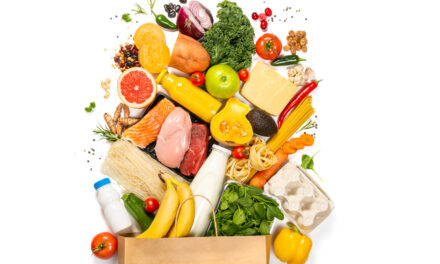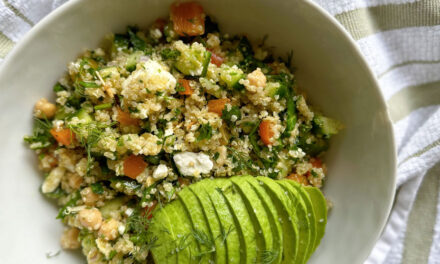The week-long anticipated cheat meal has become a staple in the ritual of many dieters. It looks a little something like this:
Monday: Your meals are planned and you plan to get to the gym daily. Your food choices this past weekend weren’t great, but you’re ready to make this week better!
Wednesday: You’re a little tired of eating broccoli and chicken but determined to stick it out because there’s a cheat meal coming soon.
Friday: All you can think of is your cheat meal. You’re hungry, you hate chicken and broccoli, and you’re sore and tired from the gym every day.
Friday Night: Refusing to look at another chicken breast, you go out for a big burger and fries to celebrate a diligent week of healthy decisions. Add in a drink or two to toast yourself getting leaner and fitter.
Saturday: You go out to lunch with friends and order a sandwich even though you swore off carbs. That night you have a few more drinks.
Sunday: Time for brunch, and your cheat meal has officially become a cheat weekend. But you’ll do better next week.
The concept of a cheat meal may seem like you’re allowing yourself some flexibility, but it implies that guilt and shame should accompany food choices. Often it can throw a wrench in health goals by creating a cycle of restricting food then overeating.
Successful fat loss requires a calorie deficit, which means eating fewer calories than you burn on average. Just one cheat day can be enough to wipe out a full week’s calories deficit. If your diet asks you to dramatically restrict your food during the week or cut out entire food groups, it’s common to see a cheat meal spiral out of control and turn into a cheat weekend.
To break this cycle, focus on balance and moderation rather than restriction and willpower. This helps create successful, sustainable changes. If you want a burger, have a burger! Even if it’s Tuesday.
It’s common to think you have to suffer to earn your goals, but that’s not the case. While it may not seem as fun as a highly anticipated cheat meal, embracing the concept of moderation means that you can eat the foods you enjoy more frequently and improve your relationship with food while reaching your goals in a sustainable way. You don’t condone cheating on exams or in relationships, so why cheat on your health?
By Kate Lyman







